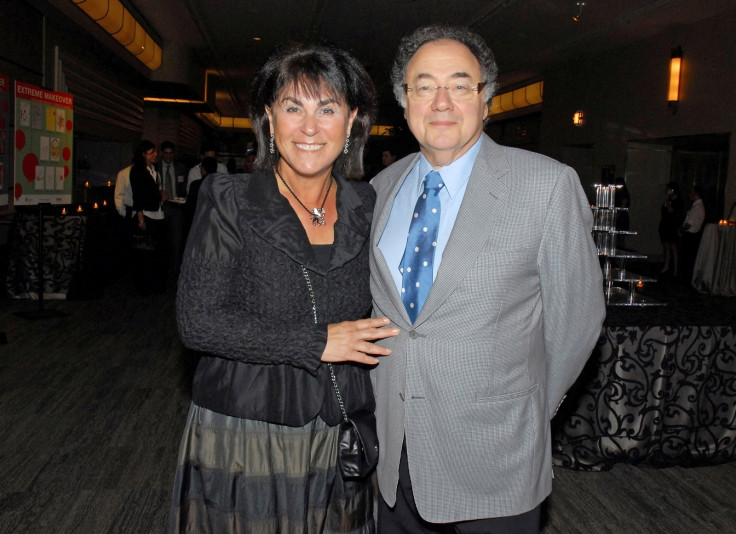Son of murdered billionaire couple triples cash reward to help solve parents' murder
Barry Sherman owned the largest Canadian-owned pharmaceutical company.
Jonathan Sherman, the son of a Canadian billionaire couple, has tripled the cash reward for information about his parents' killers.
Barry Sherman, the founder of drug giant Apotex, and his wife, Honey Sherman, were killed in 2017 at their house in Toronto. Their bodies were found in the basement pool area of their house.
Their bodies had belts looped around their necks and were left attached to a pool railing. It has been five years since the incident, but the murders remain unsolved.
The Sherman family had previously offered C$10 million to help arrest the couple's killer. Now their son Jonathan has offered an additional C$25m (£14.95 million) for any information related to his parents' deaths. Now the total reward sits at C$35 million.
His sister, Alexandra Krawczyk, last week confirmed that the initial reward of C$10m has so far gone unclaimed.
"Closure will not be possible until those responsible for this evil act are brought to justice. I have been overwhelmed with pain, loss, and sorrow and these feelings only continuously compound," Jonathan said in a statement.
"I continue to miss my parents more than I can describe, and I am forever haunted by what happened to them," he added.
Last year, the investigators released a video of a person walking on a sidewalk near the crime scene. They said that the man's actions were "highly suspicious." However, they have been unable to identify the man in the video.
The police claim that the investigation into the high-profile murders is still ongoing. Earlier, Jonathan said that his sister suggested that he might have played a role in their parents' deaths.
However, he dismissed all such allegations in January last year. The accusations created a rift in the family, and the siblings are no longer on speaking terms, per a report in The Guardian.

© Copyright IBTimes 2024. All rights reserved.






